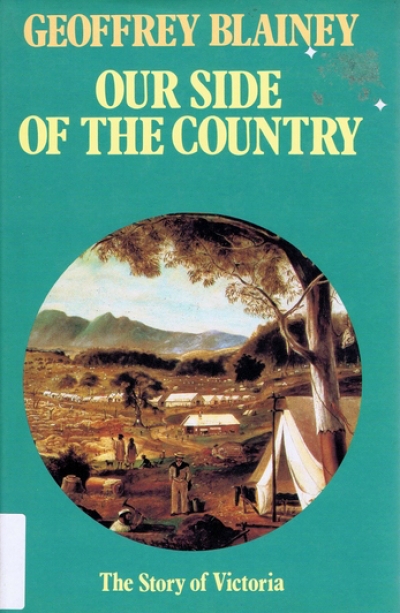Geoffrey Blainey
W.F. Mandle reviews 'The Tyranny of Distance', 'Triumph of the Nomads', and 'A Land Half Won' by Geoffrey Blainey
by W.F. Mandle •
Who, we wondered, gets the largest Public Lending Right cheque each year – Manning Clark or Geoffrey Blainey? Probably still Manning, and he’ll still be ahead in the royalties stakes too, but the younger colt must be closing fast, and he shows no signs of tiring. Even if he did, his publishers, like Manning’s for that matter, can always do, as they have here, a recycling and packaging job.
... (read more)Yaldwyn of the Golden Spurs by J. O. Randell & Mountain Gold by John Adams
by Janet McCalman •



